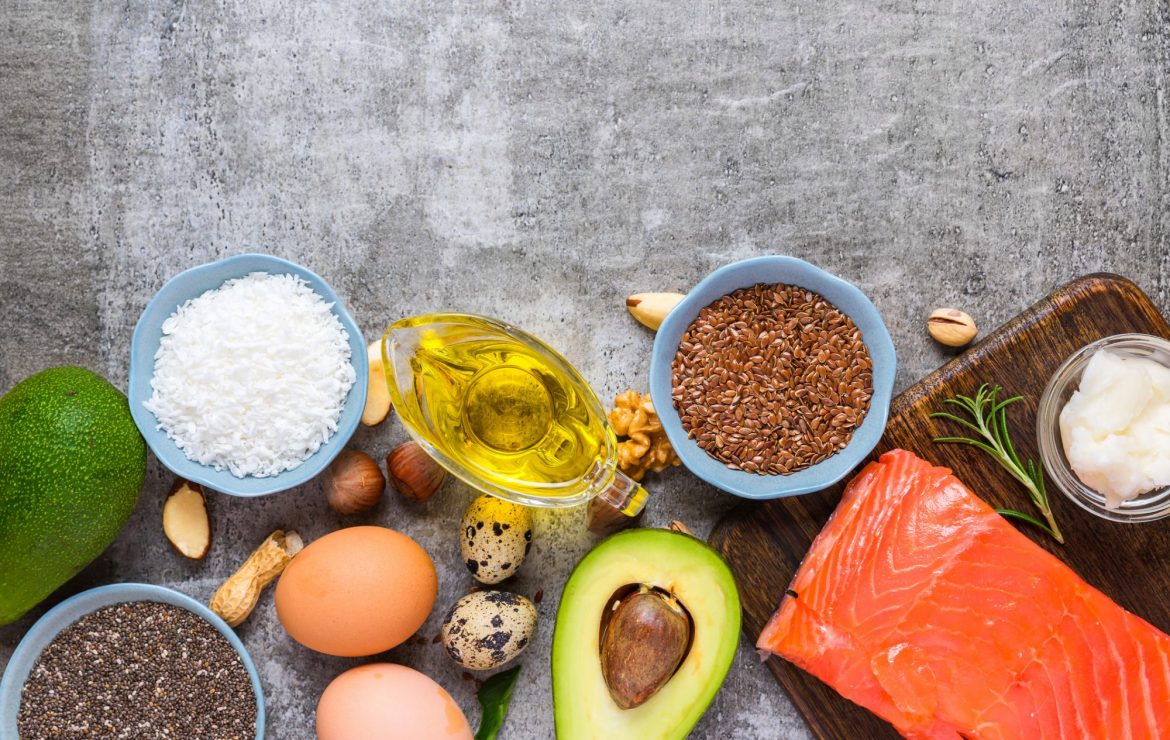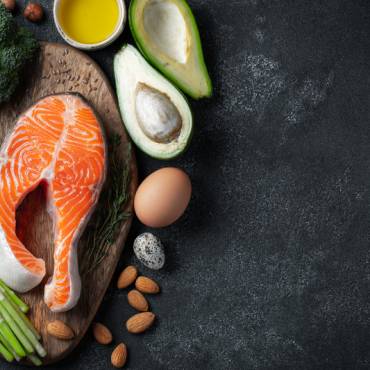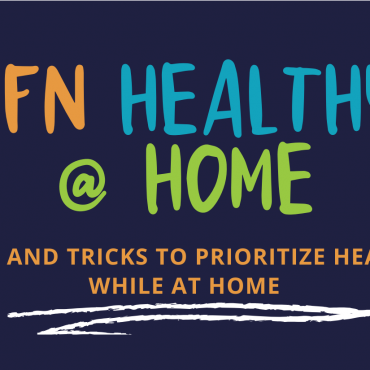How Does My Diet Affect My Brain?
Ever hear the phrase ‘you are what you eat?’ Think about it… It’s TRUE! Our body is made up of nothing but the stuff we eat. Every fiber of our being can be traced down to a microscopic component of food (and a little vitamin D we make from sunlight). Our bodies also run on food. Much of what we eat will be used in energy for heating the body and letting us move around. Excess energy can be stored around the body as fat to be used later on. Most of what you read online will focus on the energy component of food, also called calories.
However, calories are the least important measure of a food’s QUALITY. Some foods pack more vitamins, minerals, and macronutrients that are essential to growth and living healthily. Additionally, foods that are marketed as healthy simply because they are low in calories may in fact contain few nutrients that support health at all!
How Does My Brain Function with a Healthy Lifestyle?
When we eat foods rich in healthy energy like meats, vegetables, fruits, and natural grains, we tend to feel much better throughout the day. The mind will be able to think more clearly. We won’t be as tired midway through the day, and won’t feel the need to satiate a ravenous hunger with large meals later on.
Brain activity is significantly altered by what we eat. This is why it is very important we keep our brains healthy and safe. Houston Family Nutrition supports clients in nourishing to support a range of neurological conditions including accidental trauma in the brain. Optimizing nutrition may not be the acute ‘medicine’ needed to address immediate symptoms of trauma, but it is certainly the foundation of long-term healing and best outcomes.
How Can a ‘Food-Phobic’ Culture Affect Nutrition Intake?
The theory of ‘Protection Motivation‘ explains how fear-based messaging grabs our intention and motivates us to take protective action. Since its discovery in 1975, this theory has been used in marketing, media, and social media to compete for our intention and persuade consumer behavior. This explains the rise of ‘Food-Phobic’ culture, a culture of consistently negative and fear-based messaging about food in advertisements, media, social media, and in our own social groups.
Unfortunately, Food Phobia is in part responsible for the rise in occurrences of eating disorders and disordered eating. Remember, our bodies are made of food and run on food. We have evolved over thousands of years of humans before us who have adapted to most of the same foods we have today. Fear messaging about food, to the degree it is present today, is relatively new to our evolutionary track and a potent disruptor of our homeostasis. Eating Disorders, like Anorexia and Bulimia Nervosa, are psychological disorders categorized by the obsessive drive to avoid, binge and/or purge the body of food. These behaviors are rooted in fear. Disordered eating is a subclinical spectrum of eating patterns that may include eating disorder behaviors, but not in a pattern that meets diagnostic criteria for a psychological diagnosis.
Houston Family Nutrition treats individuals with disordered eating and eating disorders who are medically stable and motivated to engage in treatment at a low level of care. We collaborate with the client and their physician, therapist, and social support network to put them in a great position to recover and thrive!
Want to learn more about how Houston Family Nutrition can help with your nutritional needs? Reach out and book an appointment today!




